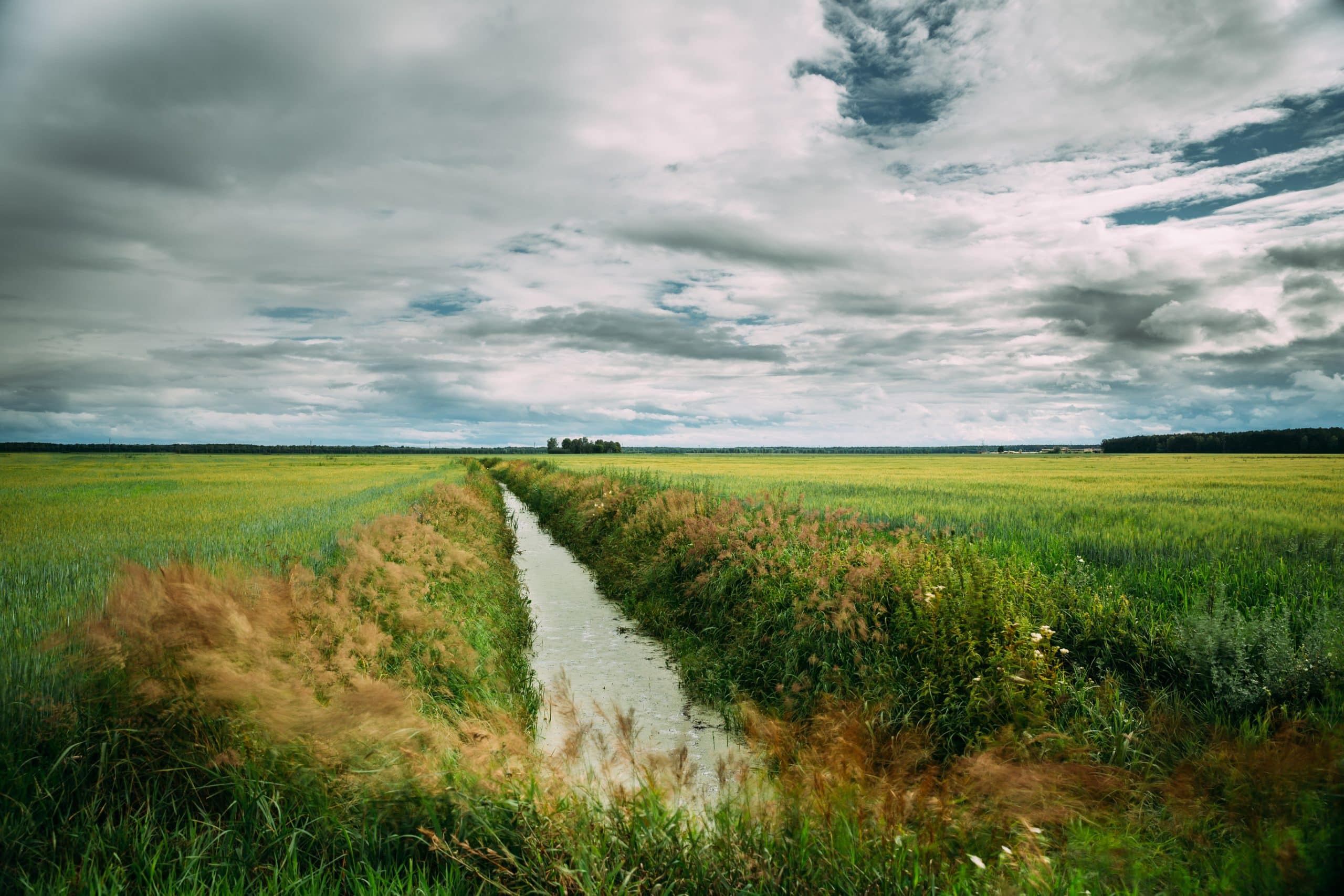What’s the Role of AI in Enhancing the Film Editing Process?

In today’s cinematic world, there’s no escaping the profound impact of digital technology. From sleek computer-generated imagery (CGI) to high-quality digital cameras, technology has reshaped the film industry in countless ways. Among these new technological strides, Artificial intelligence (AI) is making significant headway in video editing and film production. Its influence is not only changing the creative process but also offering filmmakers an array of new tools and possibilities. Here, we delve into the role of AI in enhancing the film editing process.
The Intersection of AI and Film Editing
AI’s intersection with film editing is akin to the merging of two powerful creative forces, each with its individual strengths. On one hand, we have the film industry, a realm of human creativity and storytelling. On the other, we have AI, a powerful computational tool driven by algorithms and data.
Lire également : Can AI-Driven Analytics Advance Precision Oncology Treatments?
Film editing is a laborious process, often taking more time than the actual filming. It involves careful selection, sequencing, and combination of shots to create the final product. Traditionally, this process heavily relied on human creativity and intuition. However, the integration of AI into the process is transforming traditional film editing, making it more efficient and precise.
AI: A Valuable Tool in the Filmmaking Process
AI is not here to replace the human element in filmmaking but to enhance it. It offers a new set of tools that can help filmmakers analyze content, refine their work, and cut down on editing time.
A voir aussi : How Is AI Influencing the Development of Smart Fabrics for Medical Use?
Leveraging machine learning and computer vision, AI can analyze footage and detect various elements such as faces, objects, or specific actions. For instance, AI can be programmed to recognize and categorize scenes based on content, lighting, color, and other cinematographic elements. Such capabilities can save a significant amount of time in the post-production phase, especially in large film projects with hours of footage.
AI can also assist in creating more engaging content. It can analyze audience data, assessing which scenes or elements resonate most with viewers. Filmmakers can then use this data to refine their work, ensuring it aligns with audience preferences and improves viewer engagement.
Harnessing AI for Creative Decisions
Artificial intelligence is programmed to learn and evolve, making it an excellent tool for creative decision-making in film production. Filmmakers can use AI to trial different editing techniques and assess their impact, thus fostering creative experimentation.
For example, AI can simulate various cuts, transitions, and effects on a sequence, providing instant feedback on the outcome. This not only accelerates the editing process but also opens up a new world of creative possibilities for filmmakers.
AI technology also aids in sound editing. With its ability to analyze and categorize sounds, AI can help sound editors sift through extensive sound libraries, making it easier to find and apply the right sound effects.
AI and the Future of Film Industry
The future of the film industry is unquestionably intertwined with AI. As technology continues to evolve, AI’s capabilities will become more sophisticated, offering even greater advantages to the filmmaking process.
AI-driven tools are projected to become essential in managing and organizing the vast amount of data involved in film production. These tools will help streamline the production process, making it more efficient and cost-effective.
Furthermore, as AI becomes more advanced, it will offer more intricate analytical capabilities. It could predict future trends and preferences based on audience data, guiding filmmakers in creating content that resonates with their audience.
The Human Element in AI-Driven Filmmaking
While AI holds immense potential for the film industry, it is crucial to remember that it serves as a tool for enhancing human creativity, not replacing it. The human element in filmmaking – the ability to tell compelling stories and evoke emotions – cannot be replicated by algorithms.
AI can provide valuable insights and streamline the editing process, but the final creative decisions still lie in the hands of human filmmakers. It is the blending of human creativity with AI’s analytical prowess that will push the boundaries of filmmaking and lead us into a new era of cinematic storytelling.
As AI continues to evolve and become more integrated into film editing and production, it will be fascinating to see the new horizons it opens up for the film industry. AI is not here to take over the creative process but to enrich it, providing filmmakers with new tools, insights, and possibilities.
AI in Visual Effects and Animation
Integrating AI into visual effects and animation has profound implications for the film industry. These disciplines fundamentally enhance the visual storytelling capabilities of filmmakers. AI, with its machine learning capabilities, can drastically improve the efficiency and quality of these disciplines, thereby amplifying the overall cinematic experience.
Firstly, AI can streamline the process of visual effects (VFX). A production that heavily relies on VFX may require thousands of artists to work on intricate details for many months. However, AI can aid in automating some of these tasks, ensuring faster delivery without compromising on quality. For instance, AI can be utilized in rotoscoping, a process that involves tracing over motion film footage, frame by frame, for use in live-action and animated films. This is traditionally a time-consuming task, but AI can significantly speed up the process.
Secondly, AI can enhance the animation process. Animating characters or elements in a film is an extensive task that demands a high level of precision and creativity. Through machine learning, AI can ‘learn’ from a library of animations and create new ones, reducing the manual workload of animators. Also, AI can help in creating more realistic animations by analyzing and replicating real-world physics.
Conclusion: AI and the Revolution in Filmmaking
In conclusion, AI is irrevocably reshaping the landscape of the film industry. It is augmenting creativity, reducing manual labor, and enhancing precision in all stages of film production, especially in film editing. The integration of AI into filmmaking is not about replacing humans but about creating a powerful partnership that maximizes the strengths of both parties.
While AI can enhance efficiency and provide invaluable insights, the essence of filmmaking – storytelling – is inherently human. AI is a tool that can help filmmakers translate their creative vision into reality more effectively. As we move forward, it will be interesting to see how filmmakers will leverage evolving AI technologies to push the boundaries of cinematic storytelling.
However, as we embrace AI’s potential, it is also essential to address the ethical considerations and challenges that come with it, such as data privacy and the fear of job displacement. It’s a delicate balance to strike, but with responsible use, AI can undoubtedly lead us into a new era of filmmaking.
